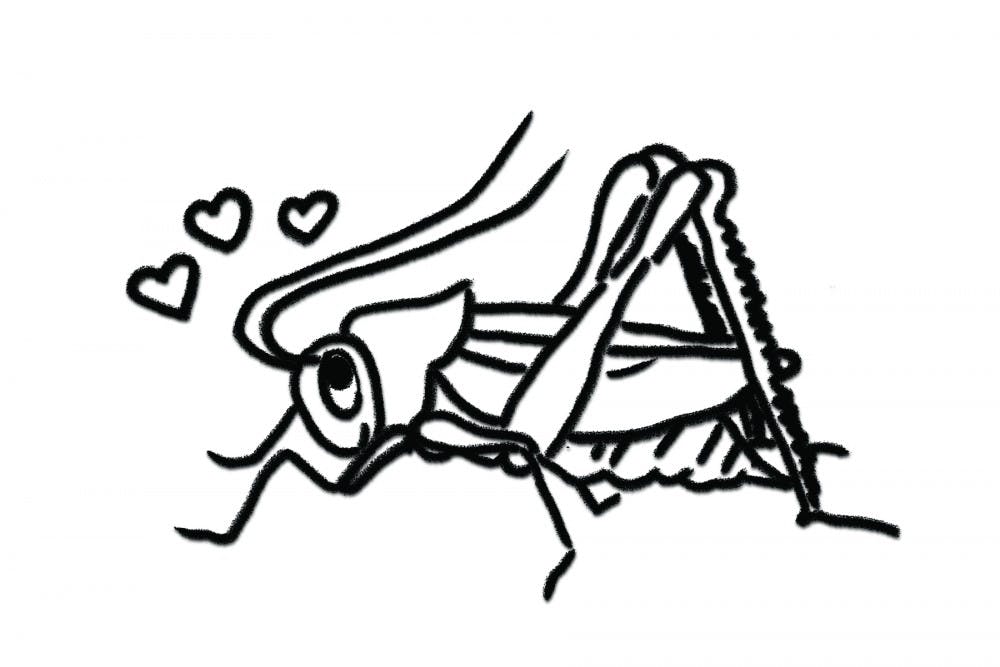The Triangle is known as a food destination. Durham even boasts the title of "The South’s Tastiest Town” according to Southern Magazine. Amid all the buzz over food, North Carolinians are also becoming more conscious of what’s served on their plate, and the popularity of local and responsibly produced food reflects that.
Not all food is produced responsibly, though, and there are many issues associated with industrial farming that are hard to ignore. In North Carolina alone, the hog industry raises about nine million pigs that create 15.5 metric tons of feces annually. Living near these hog operations is not only crappy, but also harms health. Earlier this year, Indy Weekly published a three-part story on the health threats and injustices caused by hog farming in eastern North Carolina. Harsh odors and increased risk of asthma and groundwater contamination from waste pits were among the health risks experienced by local communities.
We must and can do better to safeguard our citizens. Instead of relying so heavily on factory farms to bring home the bacon – both literally and figuratively – North Carolina producers could look to smaller impact farming. Think smaller; think crickets. Starting cricket farms and growing an edible cricket market in North Carolina could be a tasty solution for conscious consumers.
According to the Food and Agriculture Organization of the United Nations, crickets are raised using 13 times less land than cattle and nearly four times less land than pigs. Crickets also produce seven times less ammonia than pigs which make the impact of crickets considerably smaller. At the same time, crickets contain nearly the same amount of protein as pork with 12.9 grams of protein compared to pork’s 13.3 grams (per 100 grams). By using less space and contributing to less pollution, cricket farming is a better alternative to industrial livestock farming.
Two billion people worldwide already eat insects and we can join them by giving crickets a try. Crickets can be incorporated into many familiar dishes, such as roasted cricket tacos served at Never Blue in Hendersonville, and even into baked goods made with cricket flour. Today there are over 30 companies, including Chirp Chips and Exo, that use crickets or cricket flour to make protein packed snacks. Similar start-up companies should be encouraged to come to North Carolina to launch their businesses using food grade crickets supplied by local farmers.
Farmers and producers could benefit from this trend by leveraging the existing agriculture reputation in support of new cricket farms and a local cricket market. To get started, state agriculture programs including the Small and Minority Farms program and the NC Commodity Co-Operative Marketing Project could help build the foundation for cricket farms and a market of food grade crickets to supply businesses and local restaurants. New producers can also plug into the local food movement via the NC 10% Campaign which promotes farms and businesses that produce or sell food grown in the state.
Considering the benefits that crickets offer the local food scene, why wait to explore this opportunity? Now is the perfect time for North Carolina foodies, farmers and entrepreneurs to discuss how to bring cricket farming and consumption into the state’s food scene. Connecting with local food councils is a great way to get involved in local food and farm activities. By embracing crickets as a protein source we advocate for the kind of farming that minimizes environmental health impact while ushering in an exciting food trend.
Maribel Sierra



